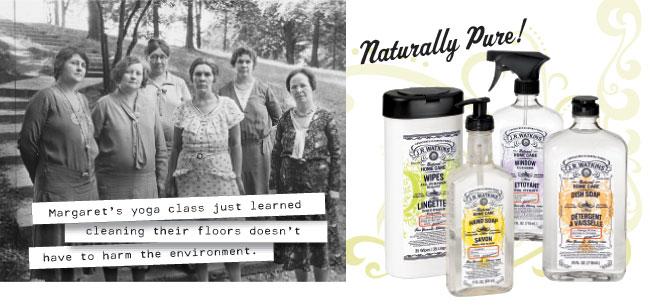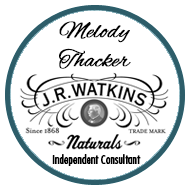Can Your Home Be Too Clean?
We all know that unsanitary living conditions can lead to illness, but can your home be too clean? Maybe! Since we are more knowledgeable about pathogens (a bacterium or virus, that makes us sick) than our ancestors were, we may be overzealous. Here are some things for you to consider the next time you’re ready to scrub your kitchen counters with an anti-bacterial magic potion.
 Not that long ago, homes were cleaned with the basics: soap, water and a rag or mop. You used a broom to sweep, took the rugs outside and beat the dust out of them, and used a feather duster to dust the furniture. You probably have used vinegar and water to clean the windows and floors. Baking soda and vinegars were popular cleaning agents far back in history.
Not that long ago, homes were cleaned with the basics: soap, water and a rag or mop. You used a broom to sweep, took the rugs outside and beat the dust out of them, and used a feather duster to dust the furniture. You probably have used vinegar and water to clean the windows and floors. Baking soda and vinegars were popular cleaning agents far back in history.
It wasn’t until more recently that companies jumped on the bandwagon advertising specific types of soap, scrubs, and cleaning fluids. We now have a dizzying number of anti-bacterial soaps, cleaners and sanitizers to choose from. Advertisements are designed to convince us that we NEED these products to clean our homes. Going shopping, to work, school, camping or traveling? Remember to bring along a hand sanitizer to protect yourself from germs.
However, it’s important to remember that bacteria isn’t necessarily all that is terrible and evil in the world. In fact, bacteria can sometimes be beneficial. It helps us build immunities. Experts have found that children who are exposed to a little dirt, dust or pet allergens are less likely to develop allergies, eczema and asthma as they grow older.
We often notice that preschoolers get sick more often than their older siblings who have built up immunity from spending their days in school surrounded by coughing, sneezing germ-filled kids. In fact, studies show that children who had more exposure to germs while they were in daycare at a very young age are healthier overall than those who spent their early years protected from germs in their parents ultra-clean homes.
Should we give up cleaning and let the dirt and grime build up? No. Studies show that sometimes ultra-clean is too clean. Pathogens can become resistant to cleaners developing into super bugs. So rather than reaching for disinfectants and anti-bacterial soap for every cleaning need, consider using regular soap. Forget using a harsh chemical to clean something, choose a more natural solution.
As technology and chemistry fuse together cleaning solutions for today’s modern world, many people are concerned about this preponderance of chemicals and if they are really safe or not.
Keep in mind that many chemicals we use in our cleaners are toxic. The most toxic are commonly used to clean drains and toilet bowls. Not only are the harsh fumes bad for humans, but they also go down the drain and impact the environment. Consider reading the labels. Although many products won’t list their ingredients, look for warnings such as “WARNING” or “DANGER” or “POISON.” These will indicate the product may be harmful to you, your family and/or the environment.
To avoid the harsh chemicals, many people are turning toward more natural cleaning solutions. Those with ingredients that are easy to pronounce are popular, and others are back to cleaning the way Grandma did – with baking soda, vinegar, and of course, good old soap and water.
Of course we need to keep our homes clean, and we definitely need to wash our hands. But as Grandma used to lecture, “everything in moderation.” Consider using natural products and avoid going overboard in your quest for a clean floor or countertop. Soap and water has been doing the trick for many, many years. It still seems to work today.






No Comments Yet.